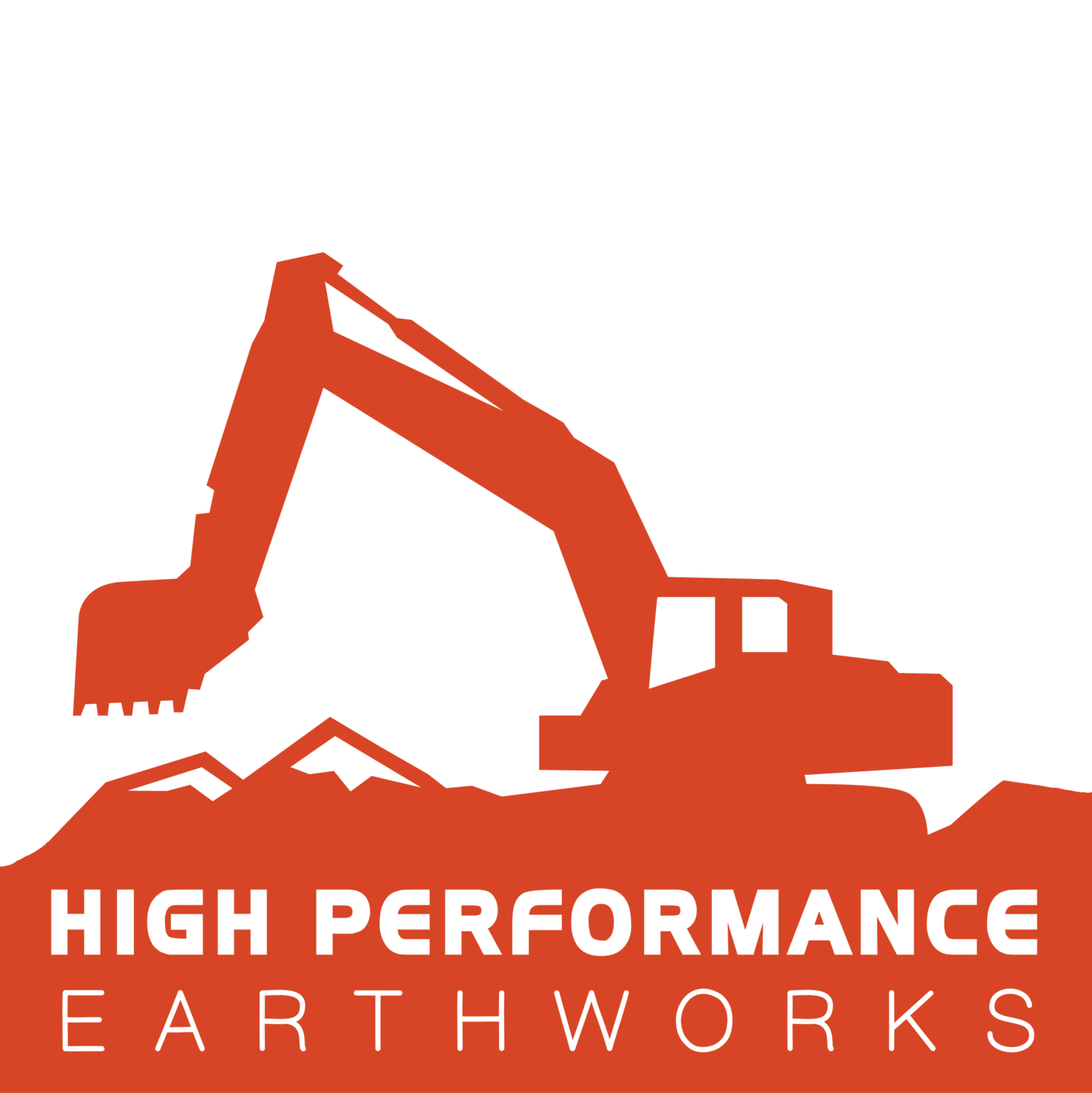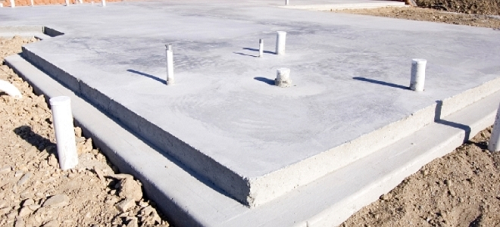If you are considering a slab foundation, it is important to know the advantages and disadvantages that come with it. This makes it easier to pick the right foundation when you are working on building a home. Here you will get the basic information you need to make an informed decision.
Exploring the Advantages
There are multiple advantages associated with this type of foundation that you need to know about, including:
· Excavation, labor and forming costs are generally lower compared to other foundation options. This is due to the slab being placed over undistributed soil on grade.
· It typically takes less time to get the project completed due to not needing extensive excavation. As long as the underlying soil has the right level of stability, the topsoil is removed and the slab is ready to be poured without the contractor having to dig further.
· Pests, such as wild vermin and rates, are not able to nest below a house with this type of foundation because it is a solid slab of concrete.
· A slab is not going to be affected if plumbing starts to leak like foundations that utilize wood. This ensures that your foundation remain stables and no joists will rot.
· You can reduce your overall cooling and heating bills with this type of foundation. This is because it acts as a solid insulator.
· In most cases, homes with this type of foundation are located closer to the ground. This can make it easier to access for those with mobility issues.
· The risk of flooding is reduced when you have this type of foundation. There is also a lower risk of mildew and mold accumulating below your home can causing problem. It is also less prone to gas leaks.
Checking the Disadvantages
It is also important that you know about the few disadvantages that are associated with this type of foundation:
· There is usually limited access to HVAC components when you have this type of foundation. Without a crawlspace or basement, the pieces and parts are usually put below the floors of the home.
· Un-level floors are possible if great care is not taken when the concrete is poured. Because of this, it is critical that an experienced professional put the slab down so that you can rest assured it will be level and even.
· If repairs are needed for certain utilities that are located below the home, there is a change that the slab will need to be removed in order to access them. This can cause the integrity of the foundation to be lessened even if it is repaired properly. This can also be a very costly process.
You can see that there is a lot to know concerning slab foundations. With this information, you will be able to determine if a slab foundation best matches your building needs. Once you are ready to proceed with the building, just ensure that you choose a high-quality contractor.


